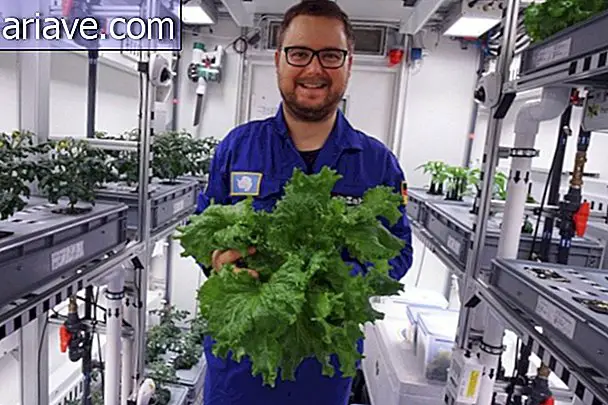Algae can affect cow belching to fight global warming
It contributes to rising temperatures on the planet, slows meat production and generates a gas 28 times more powerful than carbon dioxide. Yes, of course we are talking about the burp of cows, the big emitter of methane gas.
Cattle account for more than 5 percent of the world's greenhouse gases, and much of that comes from belching by oxen and cows. In addition to accelerating climate change, expelling these gases requires a large energy expenditure for animals that could be converted into meat.
A few years ago, we discovered that adding algae to their feed can reduce methane emissions by up to 20%, although this has not had such a big impact.

Now Australian researchers from CSIRO (the Industrial Research Organization and the Scientific Community) have done some testing to find out which algae species would be most effective at combating methane and have found one that can reduce emissions by up to 99%.
The plant in question is Asparagopsis taxiformis, and the result was so impressive that the scientists re-performed the tests to make sure it was not just a problem with the equipment.
However, although studies are right and seaweed proves to be an ally in combating climate change, another problem has arisen. The plant is not bred on an industrial scale and huge amounts would be needed to handle all the oxen and cows in the world.
Either way, the discovery has undeniable potential to improve the planet's future conditions.











